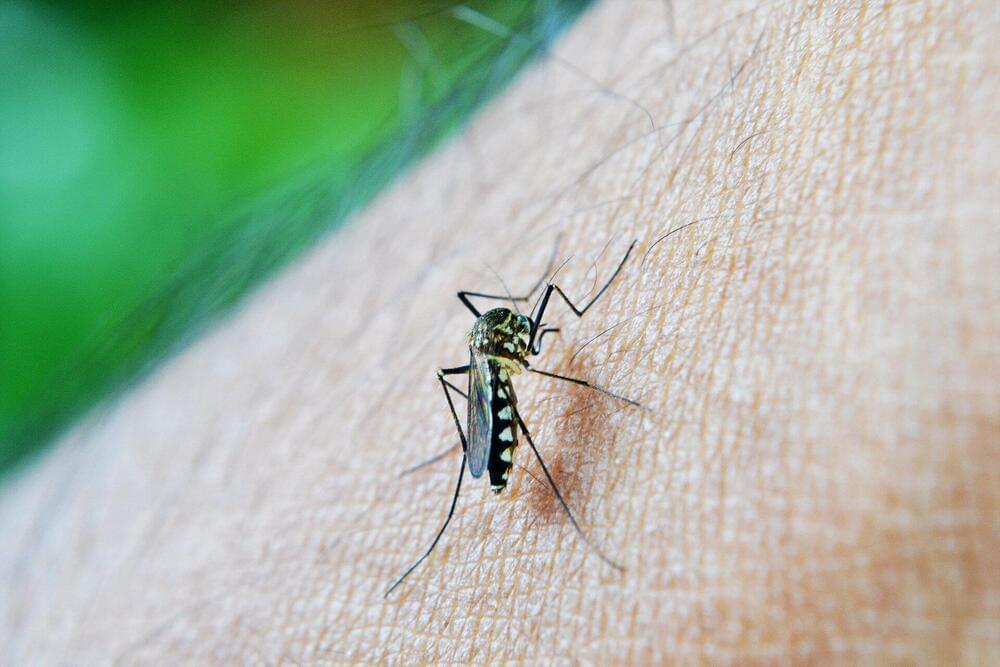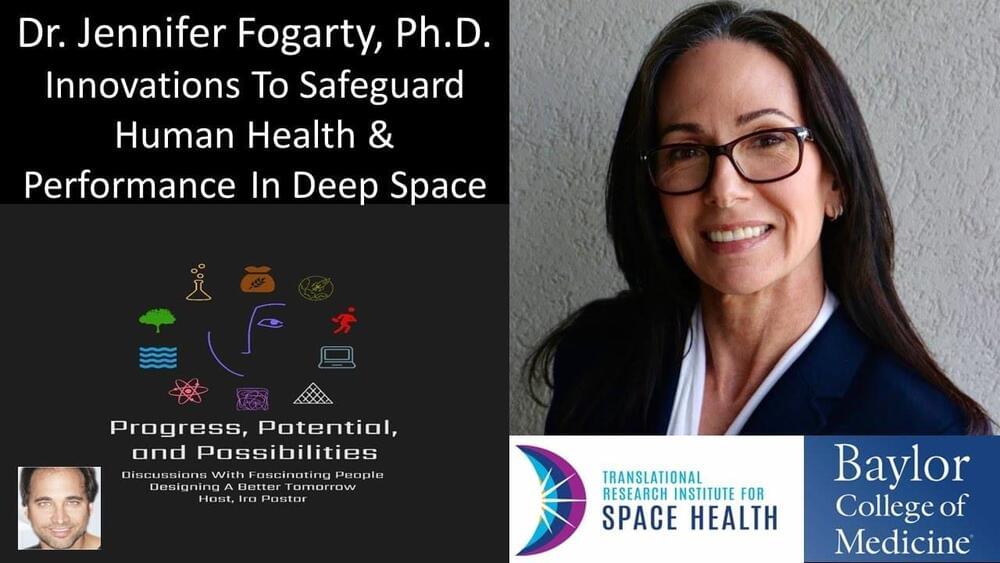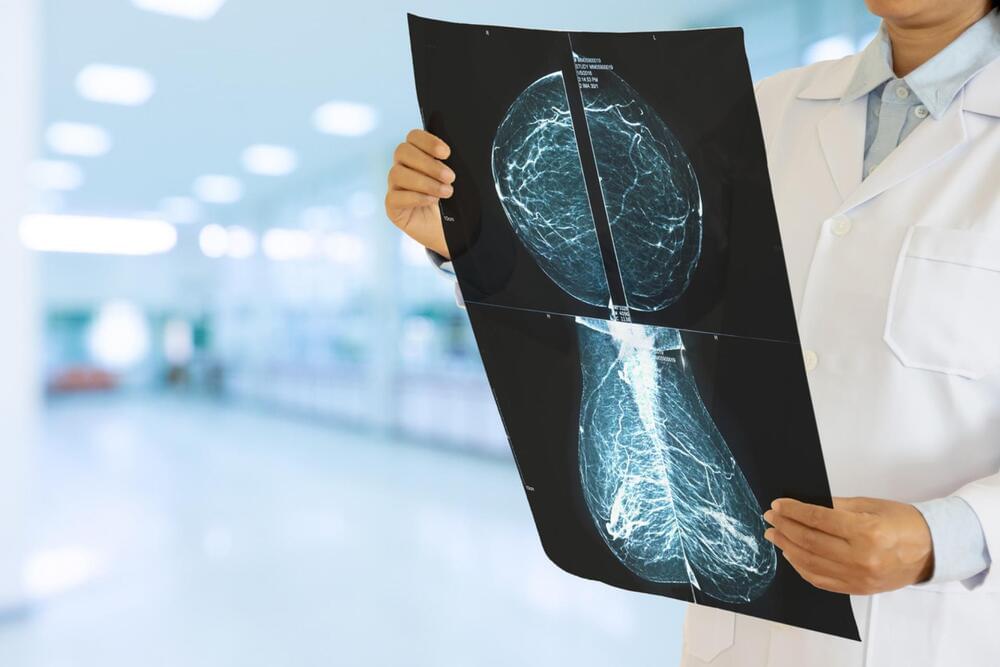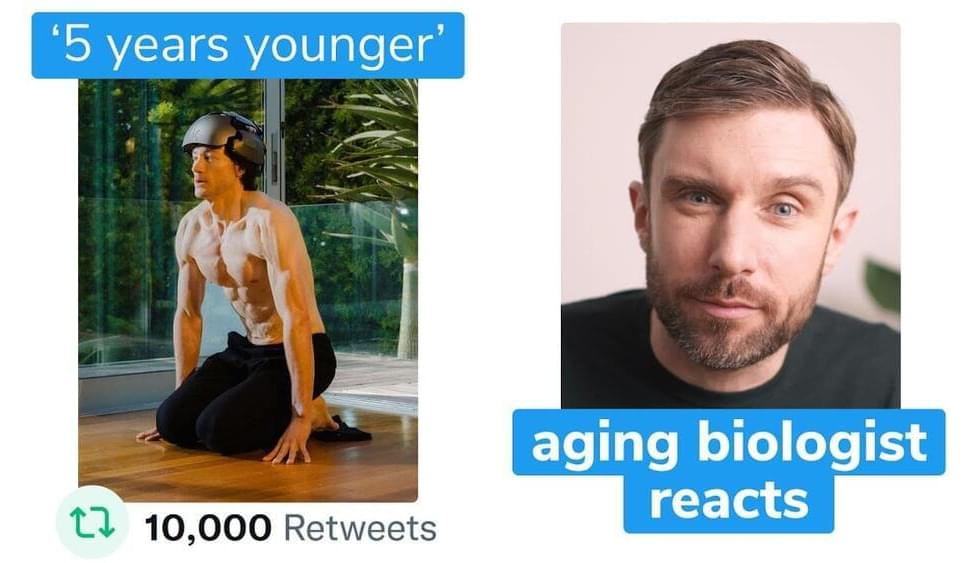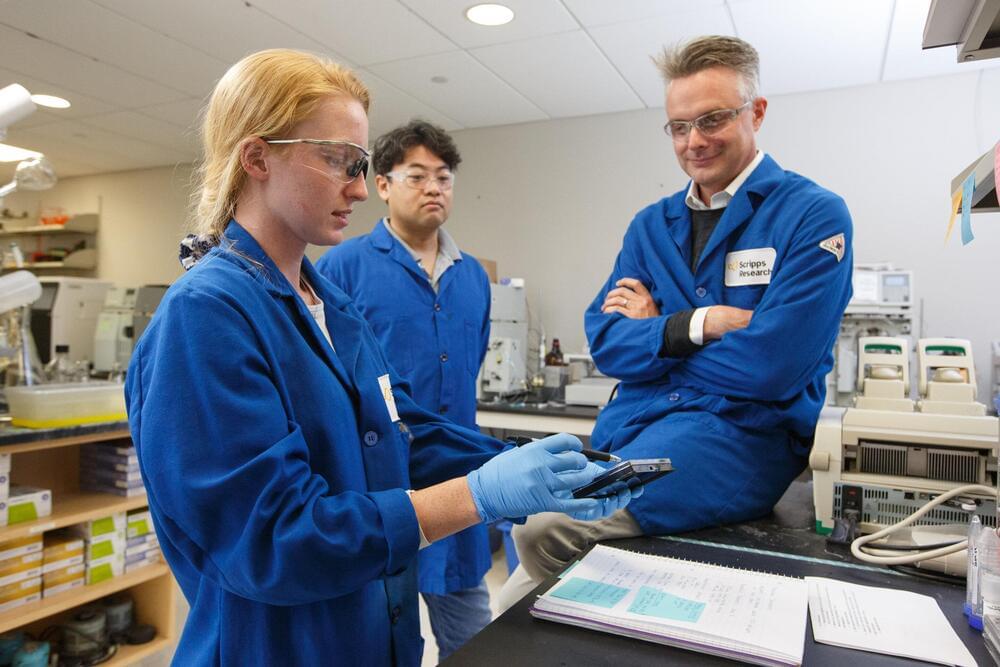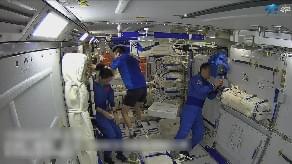Dec 1, 2022
MRNA vaccines offer one-two punch to combat malaria
Posted by Shubham Ghosh Roy in categories: biotech/medical, health
Malaria is found in more than 90 countries around the world, causing 241 million cases and an estimated 627,000 deaths every year. Vaccines are one intervention that could help eliminate this deadly disease, yet a highly effective vaccine remains elusive. Recent technological advances in vaccine development–such as the mRNA vaccines for SARS-CoV2–could lead to a new generation of malaria vaccines.
Now, a research team led by George Washington University has developed two mRNA vaccine candidates that are highly effective in reducing both malaria infection and transmission. The team also found that the two experimental vaccines induced a powerful immune response regardless of whether they were given individually or in combination. The study was published today in npj Vaccines, an open-access scientific journal that is part of the Nature Portfolio.
“Malaria elimination will not happen overnight but such vaccines could potentially banish malaria from many parts of the world,” Nirbhay Kumar, a professor of global health at the George Washington University Milken Institute School of Public Health, said. “The mRNA vaccine technology can really be a game changer. We saw how successful this technology was in terms of fighting COVID and for this study we adapted it and used it to develop tools to combat malaria.”
